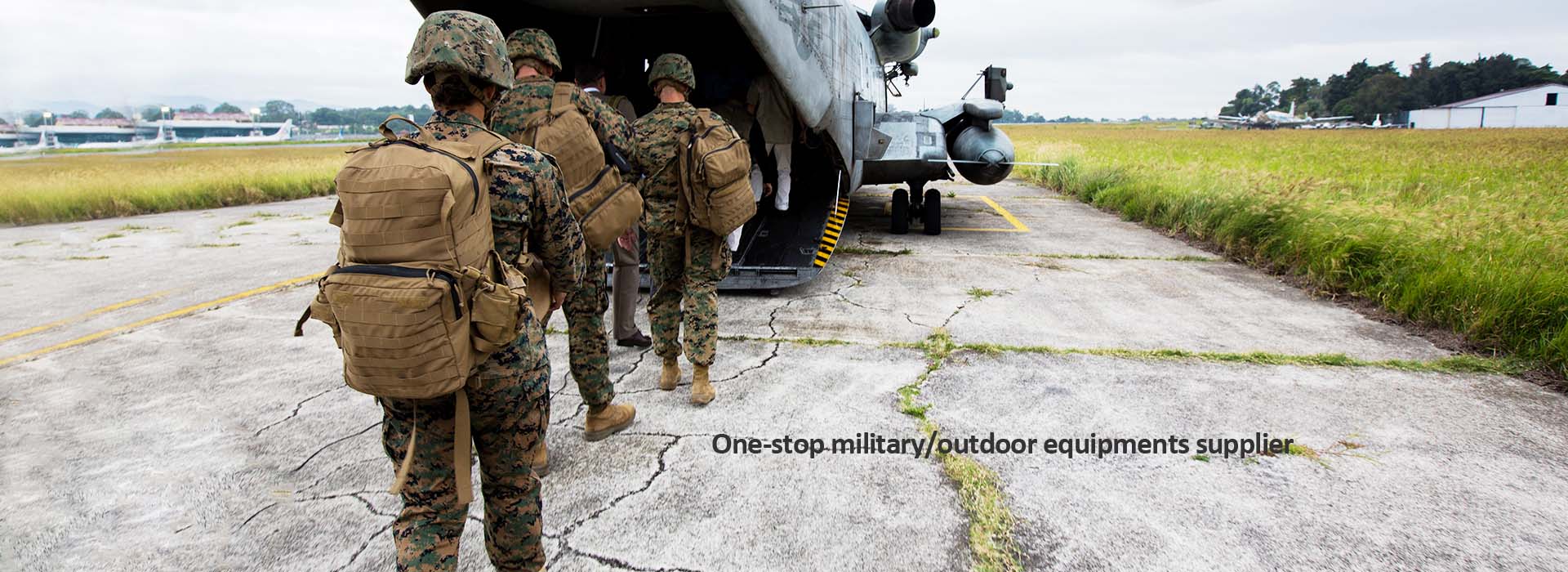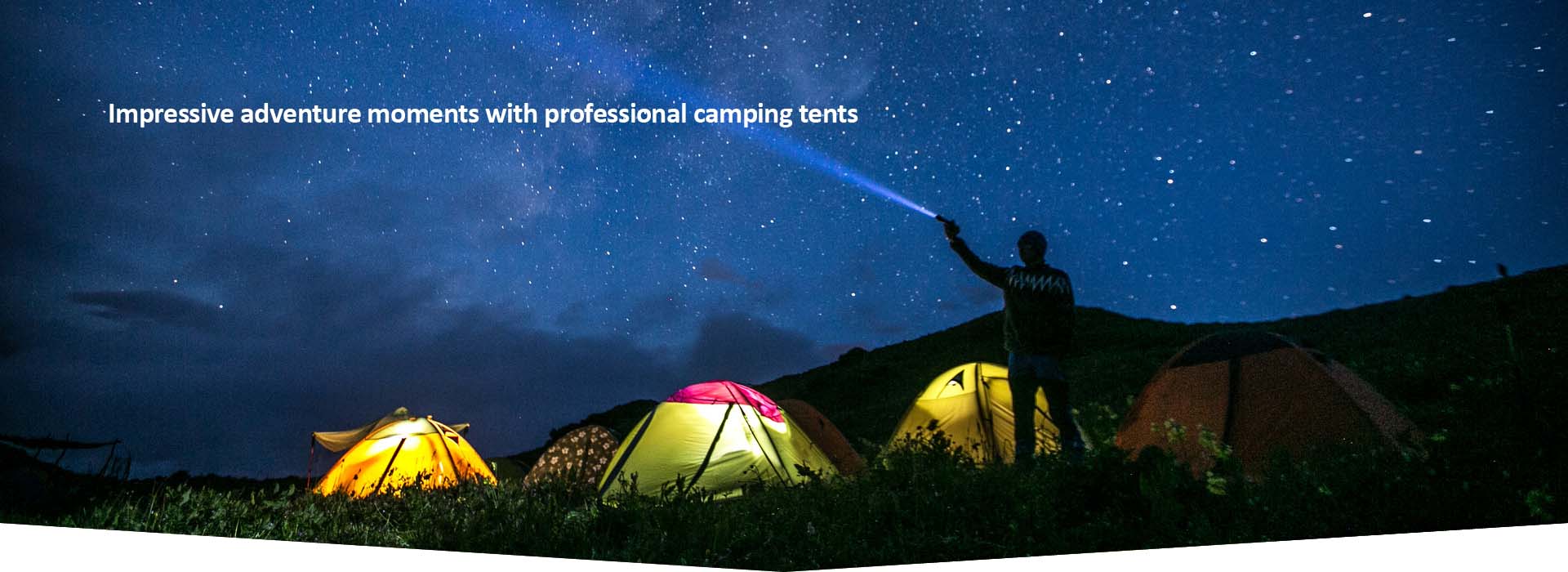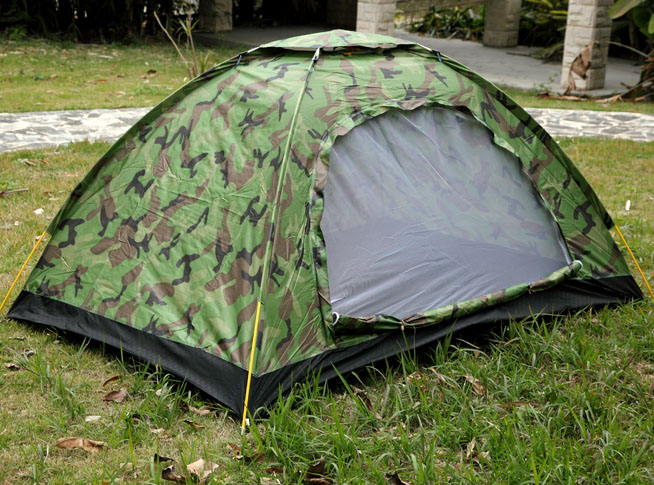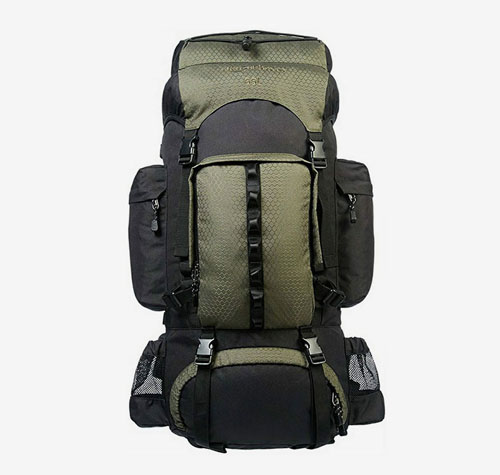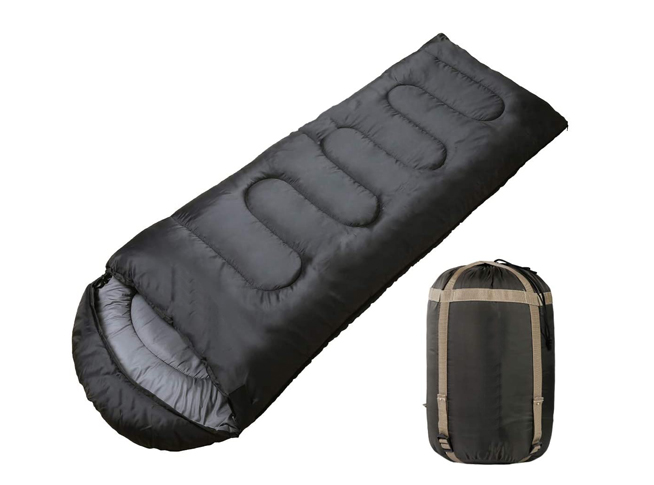What Is the Important of Camping Essentials?
 Jul. 27, 2022
Jul. 27, 2022
For the casual car camper who prefers to drive to camp rather than hike or bike, you'll still need all the essentials: a tent, sleeping bag, warm clothes, food, and cooking methods. But you also have room to bring more than just the basics. To make sure you're prepared and comfortable, use this camping checklist to make sure you pack everything you need.
1. Tent
When you first start out, camping in a tent is one of the easiest and cheapest ways to get around. You can also choose to sleep in a hammock, which may be a good option if you have older children. But, overall, camping in a tent is one of the easiest ways to get started.
When you're looking for a tent, you need to consider a few things. First, where are you planning to camp, and in what season? For example, if you plan on winter camping, you will need to make sure you get a four-season tent.
Outdoor Tent
Another thing to consider is single-wall versus double-wall. Generally speaking, double-walled tends to be better because it creates a second layer that diverts moisture away from your sleeping area. This is very helpful even if it's not raining, as it helps prevent early morning dew from seeping in.
If you are a family of four and are looking at a four-person tent, and you have a dog, you may want to put up a six-person tent. Generally speaking, most tents have enough space to accommodate the number of people listed with sleeping bag space. So if you think you need extra space for the gear you won't leave in the car, a pack and play, or the family dog, you may want to go bigger.
2. Outdoor Backpack
Before considering specific features, it's best to think about what your backpack's primary use will be. Do you prefer longer backpacking trips or are you more of a weekend warrior? Do you want your hiking backpack to last for years, or do you just need a simple backpack that will last for one hike? There are many similar questions to answer before moving on to the next step - consider certain features, such as the carrying capacity and capability of the backpack. You can then consider pockets, compartments, weight, materials, ease of use, and closure systems. Most importantly - your hiking backpack needs to be comfortable. You will find that picking the best hiking pack is not easy. Take the time and effort to find the right pack and your backpacking trip will be more fun.
Outdoor Backpack
3. Firestarters
Camping is not camping without a warm, crackling campfire, so you'll need tools to get started quickly. Campers can start a fire with flint, matches, a lighter or a magnesium igniter. If you choose matches, make sure they are waterproof. It's not a bad idea to pack two fire starters in case one fails. Carry a few fire starters in a waterproof container, such as dry bark or strips of newspaper. Finding a dry fire starter when needed can be a challenge outdoors.
4. Flashlight, Carry Light, or Headlamp
The campfire may be nice and bright, but it's only about six feet in any direction. A portable battery-powered light is invaluable if you need to find items inside your tent or visit the outhouse at night. Many campers tout headlamps as the best option because they have hands-free capabilities.
5. Sleeping bags
You may want to skimp on the price of a sleeping bag. And, if the weather is mild where you're going, you'll probably be fine. But, if you expect your nights to get cold, then you'll be more comfortable with a quality sleeping bag and/or blanket suitable for cold weather.
Emergency Sleeping Bag
6. First aid kit
A first aid kit is one of those things that you hope you never have to use, but you should always carry it with you in case an emergency arises during your adventure.
Camping first aid kits can come in many different forms, so you can decide which supplies you want to bring on your next trip. But at the very least, you should have supplies that can handle cuts, scrapes, bruises, bug bites, burns, allergic reactions, and sports injuries (i.e. sprains and strains).
Also, remember that a first aid kit is only as useful as the person carrying it. If you don't know how to use the supplies in the kit, you will have a hard time taking care of others in an emergency. Consider taking a Wilderness First Aid (WFA) or Wilderness First Responder (WFR) course to learn some basic first aid skills before your next hike.
Packing the right equipment for a camping trip is a skill that takes years to hone. Some items are must-haves, such as those we've discussed in this non-exhaustive list, but there are many others that are worth packing depending on the specific needs of the camping trip.
Whatever you end up packing for your camping trip, remember to venture out responsibly while you're away. Happy camping!









